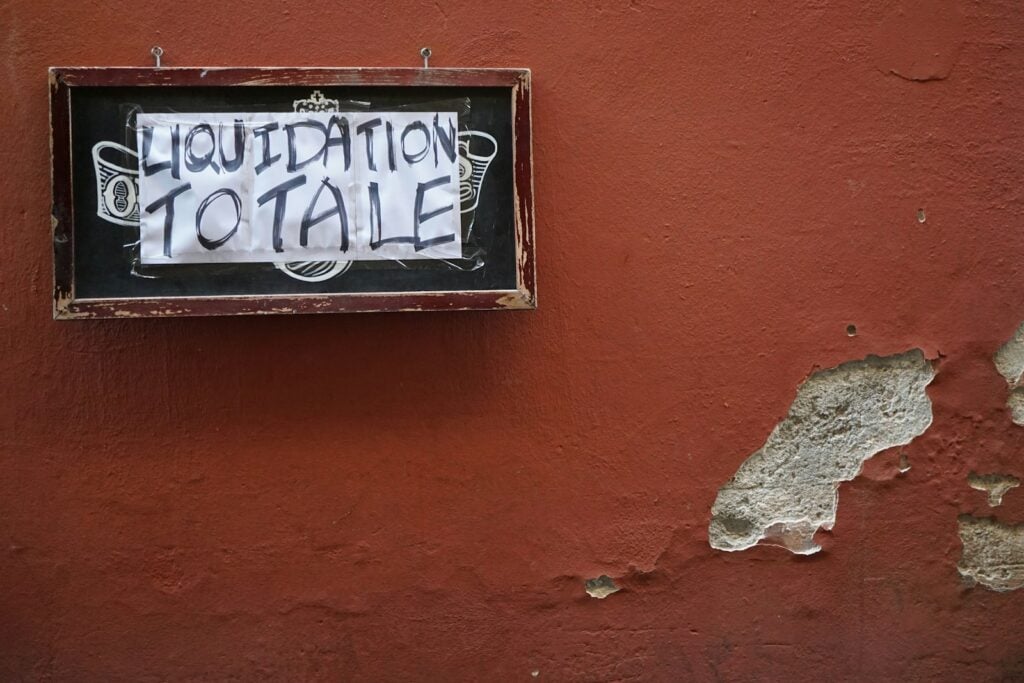A company's commercial address determines its rights and obligations. This initial choice has an impact on its credibility, taxation and legal relations. Mastering this legal framework protects entrepreneurs from risks that are often underestimated.
Legal foundations of the commercial domicile
The commercial domicile is the place where a company establishes its registered office or principal place of business. This concept does not appear directly in legislation, but structures business law.
Article 102 of the Civil Code establishes the principle of unity of domicile. However, case law has recognised the specific nature of the commercial domicile. This location determines the jurisdiction of the courts in the event of a dispute and governs issues relating to the service of documents.
For a natural person, the commercial domicile is the principal place of business. For a legal entity, it is the registered office. The distinction between civil and commercial domiciles remains fundamental to understanding their distinct legal effects.
The different types of direct debit
Entrepreneurs have three main options for establishing their commercial domicile.
Domiciliation in residential premises
The French Commercial Code (articles L.123-10 and L.123-11-1) authorises domiciliation at the director's home. This cost-effective solution is suitable for companies that do not receive customers.
For individuals, there is no time limit. For companies, the duration depends on contractual restrictions. If there are no restrictions, the domiciliation remains permanent. With restrictions, it is limited to five years.
This formula is subject to specific conditions which vary according to legal status and contractual context.
Collective domiciliation
This solution enables several companies to share the same business address. A written contract binds the domiciled company and the domiciliation agent, who must hold prefectoral approval.
The domiciliation company provides a business address and associated services (mail reception, temporary office space). The mutual obligations of the parties are strictly regulated by law.
Dedicated business premises
Renting or buying business premises offers a long-term solution. This option is suitable for established businesses that need a permanent workspace or that regularly receive customers and partners.
A commercial lease confers specific rights (right to renewal, rent ceilings) but also involves significant financial commitments.
Criteria for choosing a suitable domiciliation
The choice between these formulas depends on a number of key factors.
Available budget
The financial aspect is often the determining factor. There is no direct cost for domiciliation at home. Collective domiciliation involves a monthly subscription (€100 to €200 on average). Dedicated premises represent a substantial investment.
Type of business
An intellectual activity that is compatible with teleworking can be accommodated in a home address. A business that needs to store or receive customers requires suitable premises.
Development phase
The company's stage of development naturally influences the choice. A company that is in the process of being set up will prefer an economical address. A growing company needs an address that reflects its professionalism.
Professional image
The business address influences the perception of partners. A strategy of progressive domiciliation makes it possible to adapt the image to changes in the company.
Regulatory framework and legal obligations
Commercial domiciliation is subject to strict rules, which have recently been tightened.
The restrictions imposed by town planning regulations have been relaxed for domiciliation. Article L.631-7-3 of the French Building Code authorises businesses to operate without receiving customers or merchandise.
Collective domiciliation requires prefectoral approval. The domiciliary must meet certain character requirements and have suitable premises. Administrative checks ensure that these requirements are met.
Regardless of the option chosen, companies must declare their address to the commercial register and report any changes. Failure to comply with these obligations may result in administrative and criminal penalties.
To secure your choice of domiciliation and tailor it precisely to your situation, contact our law firm. Personal advice will help you avoid mistakes that can have costly consequences.
Frequently asked questions
Does domiciliation affect my private life?
It can blur the boundary between professional and personal life. Your personal details become public in the commercial register.
Can several companies be domiciled at the same address?
Yes, subject to compliance with the legal conditions for each company and any contractual restrictions.
Can an SCI be domiciled with its manager?
Yes, under the same rules as for other companies.
What are the risks of having a fictitious address?
Criminal penalties (up to 6 months' imprisonment and a €7,500 fine) and removal from the trade register.
Does a collective domiciliation entitle you to permanent offices?
No, only for occasional meetings and receptions.
How do I change my business address?
By amending the commercial register, legal publication and notification of key stakeholders.




